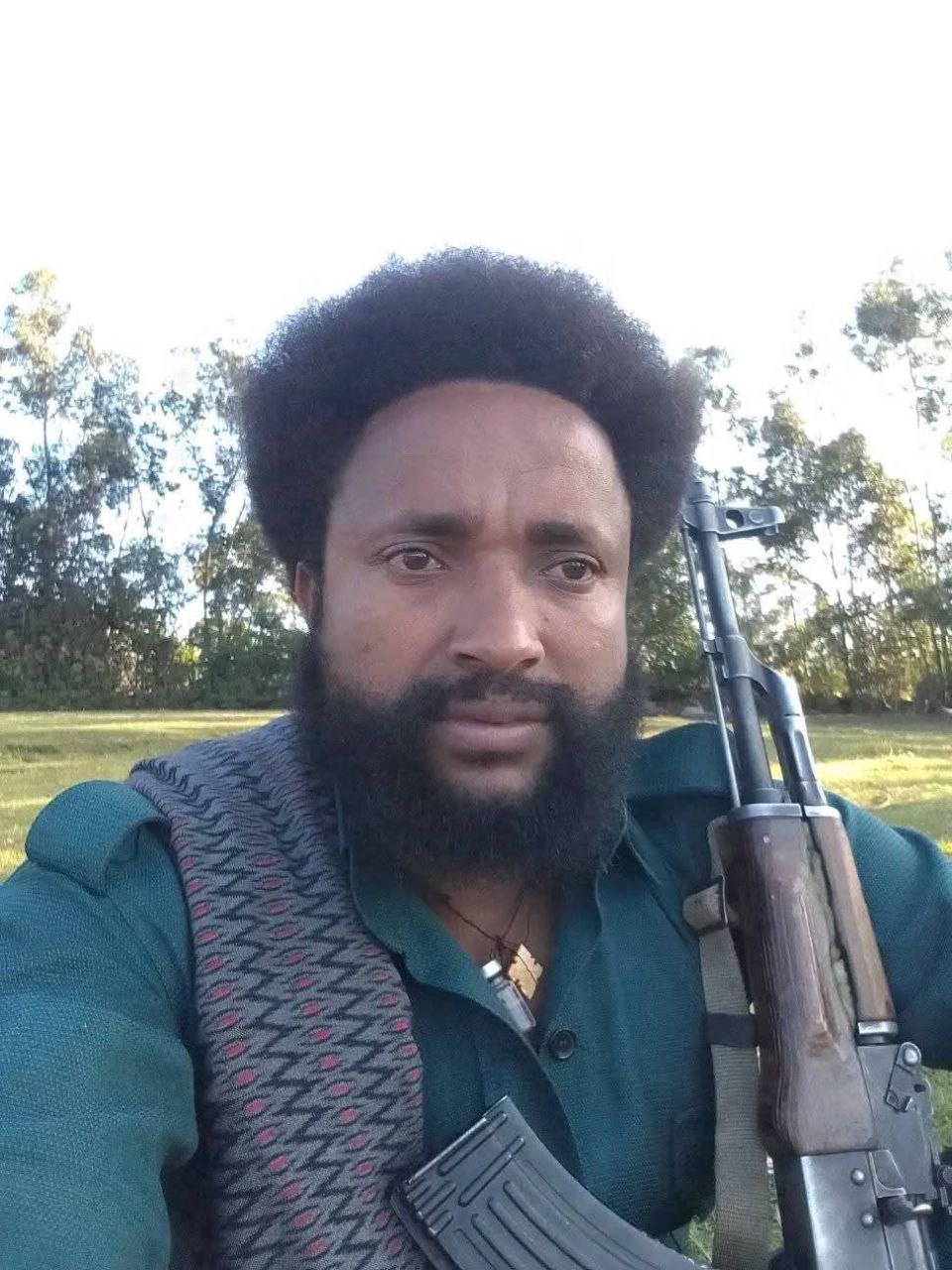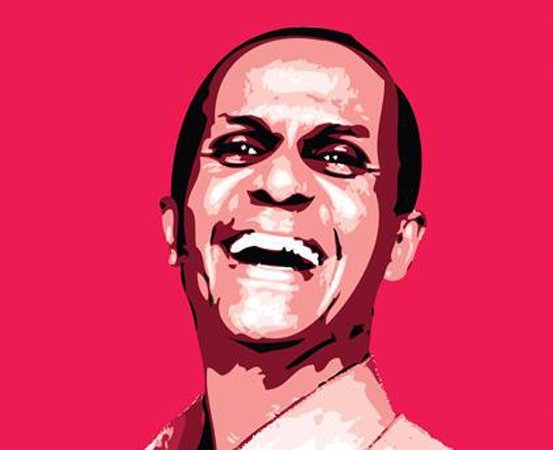By Michelle Kagari and Nani Jansen
Today, on International Human Rights Day, the Ethiopian journalist Eskinder Nega, who was convicted on trumped up terrorism charges, will have spent more than four years in jail. Eskinder is just one of many Ethiopian journalists currently languishing behind bars, merely for doing their job. But unlike other journalists incarcerated on spurious terrorism charges such as the Al-Jazeera journalists freed from Egyptian prison earlier this year, the plight of jailed journalists in Ethiopia attracts little attention from the international community and the media.
Whilst the Aljazeera journalists, Peter Greste, Mohamed Fahmy and Baher Mohamed, became household names, few people outside of Ethiopia will have heard the names of Eskinder Nega, Temesghen Desalegn, Solomon Kebede, Yesuf Getachew, Woubshet Taye, Saleh Edris, and Tesfalidet Kidane. They have all fallen foul of Ethiopia’s 2009 Anti-Terrorism Proclamation, which criminalizes any reporting deemed to “encourage” or “provide moral support” to groups and causes which the government considers to be “terrorist”.
Whilst the Aljazeera journalists, Peter Greste, Mohamed Fahmy and Baher Mohamed, became household names, few people outside of Ethiopia will have heard the names of Eskinder Nega, Temesghen Desalegn, Solomon Kebede, Yesuf Getachew, Woubshet Taye, Saleh Edris, and Tesfalidet Kidane.
Eskinder was arrested after publishing an article on the Arab Spring in which he asked whether a similar grass-roots movement for democracy could take hold in Ethiopia. He was charged under the draconian Anti-Terrorism Proclamation with providing support for terrorists and sentenced to 18 years in prison. He has been held in Addis Ababa’s infamous Kality prison where 8,000 inmates are held in cramped, dilapidated and poorly ventilated cells.
Temesgen Desalegn was covering Eskinder’s trial and that of other journalists for Feteh (Justice) newspaper. In response the authorities prosecuted him for contempt of court. In October 2014 he was sentenced to three years in prison on charges of defamation, inciting the public through false rumors and false publication. The charges were in response to articles published in August 2011, February 2012, and March 2012, including articles on youth protests against the government. Delasegn has been denied medical treatment for chronic medical conditions since his imprisonment.
Woubshet Taye was arrested a couple of weeks after he published a column in Awramba Times that critically assessed the ruling party’s performance in its two decades of rule. He is currently serving a 14-year sentence in Zway prison.
Despite the recent release of a small number of young bloggers and activists popularly known as the “Zone9” bloggers and Re’eyot Alemu, ahead of the visit to Ethiopia by US President Barack Obama last July, dozens of other journalists are still behind bars. The Zone9 were charged with terrorism on 18 July for having links to the Oromo Liberation Front (OLF), an outlawed group; for allegedly planning attacks, and for attending digital security training. They were charged with conspiracy for using basic online encryption tools that journalists routinely use to protect their sources. By the time they were released, they had spent a year and a half in detention.
Ethiopia’s civic space is marred by deeply entrenched institutionalized violations of human rights. Journalists who dare to offer dissenting views are often silenced, or face arbitrary arrest, torture and detention. In January 2014, the state-controlled Ethiopian Press Agency and Ethiopian News Agency published a report claiming that the Addis Guday, Fact and Lomi magazines were promoting terrorism and damaging the economy. These media houses were subsequently shut down by the government. In the face of certain imprisonment, journalists working with these media houses fled the country. Many incidences go unreported, reinforcing a culture of fear that has fueled an even greater cycle of impunity and violations by security agencies. The Committee for the Protection of Journalist’s (CPJs) 2014 prison census found that Ethiopia was the fourth worst jailer of journalists in the world, with at least 17 journalists behind bars. Ethiopia also ranked fourth on CPJ’s 2015 list of the 10 Most Censored Countries.
In 2012 US Senator, Patrick Leahy, commenting on the conviction and sentencing of Eskinder Nega and other journalists said that “[m]islabeling legitimate journalistic criticism of government repression as ‘terrorism’ is an insidious abuse of power.” Human Rights Day is a time to reflect and remember these “forgotten” journalists of Ethiopia and add our voices to the call for their release. Their only “crime” was to assert their freedom of expression by speaking out against injustices, questioning abuse of power and violations of human rights.
Journalists are at the frontline of human rights reporting. They frequently put themselves at risk in order to bring human rights violations to the attention of the world. In return, the world must not forget them as they are voices of the voiceless and have sacrificed their liberty in pursuit of truth.
Michelle Kagari is Deputy Regional Director at Amnesty International’s Eastern Africa Office
Nani Jansen is Legal Director at the Media Legal Defence Initiative
Tweet about Eskinder, Woubshet and Temesgen (#EskinderNega, #FreeWoubshet, #FreeTemesgen) or write to the Ethiopian authorities demanding that they and their fellow imprisoned journalists are freed.
This op-ed was first published by Capital FM on 10 December 2015 http://www.capitalfm.co.ke/eblog/2015/12/10/the-world-must-not-forget-the-jailed-journalists-of-ethiopia/


























